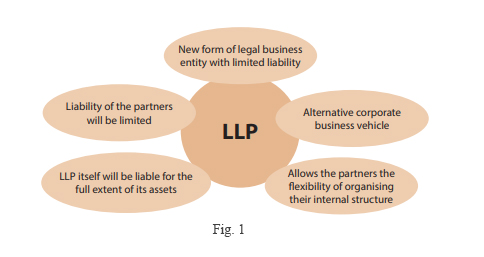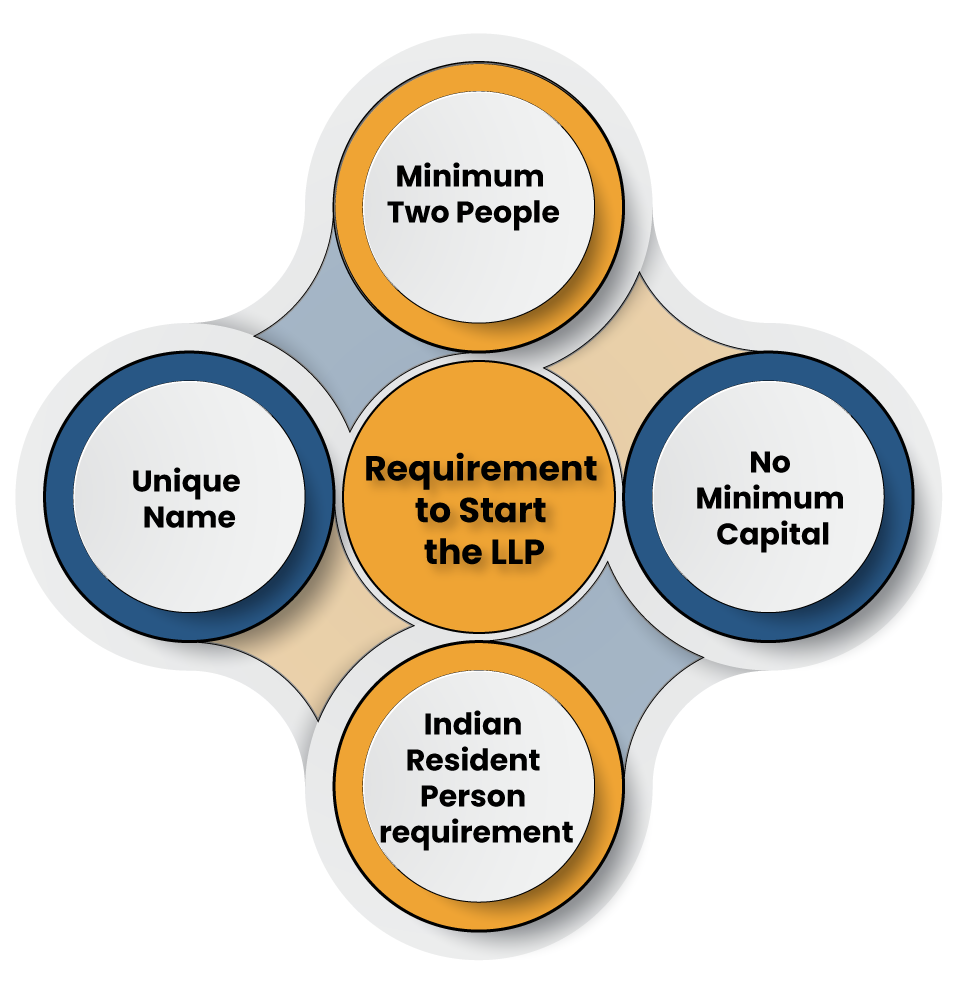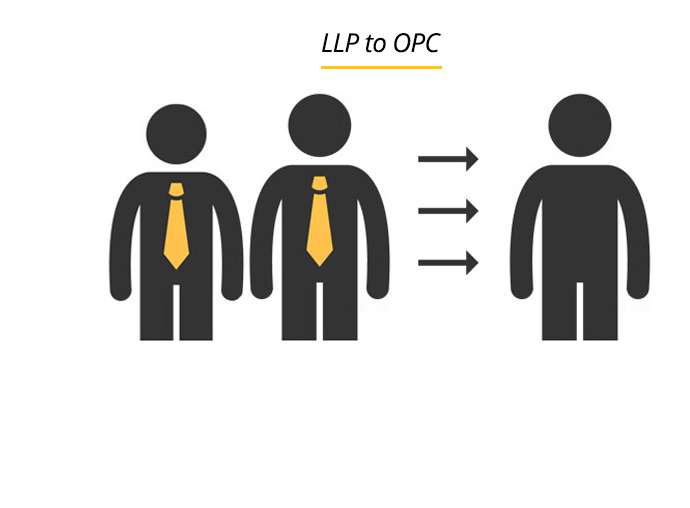LLP is defined under which act?
LLP is Defined Under Which Act The Limited Liability Partnership (LLP) is a legal entity that is established and regulated by the Limited Liability Partnership Act of 2008. This act provides the legal framework for the establishment, operation and regulation of LLPs in India. LLP Act 2008 outlines the rights, duties, and obligations… Read More »







